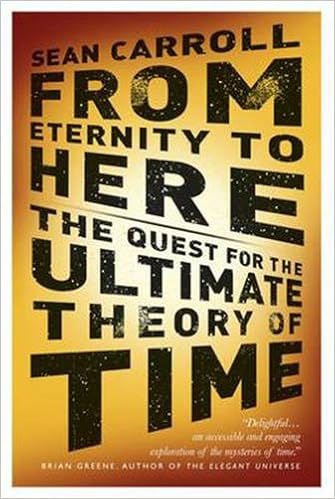 |
| A light dusting of snow in our garden this morning |
This new book by Dalton Conley and Jason Fletcher should be arriving today.
 |
| Amazon link |
Expect a review in due course if it's any good.
Update: it's now arrived and I've had a peek. The authors are both sociology professors, which rings alarm bells. And they have an agenda. They're here to defend the standard social science model against the unsettling results of recent DNA sequencing programs and GWAS (genome-wide association studies). Their idea is to make the most minimal concessions to evidence while still preserving the traditional social-sciences advocacy-based value system. So races don't exist, racial genetic differences in cognition don't exist, and most else which might disturb the liberal agenda of the irrelevance of genetics for outcomes is explained away.
Depressing.
[Update (Sunday): my first impressions were wrong. The book is both more honest and more erudite than had appeared from a first skim. The authors may be billed as sociologists but they are both genetics research practitioners. Once you have absorbed the theory and methodology, it's harder to be agenda-driven - if you're honest. I think a review will be in order once I've finished.]
[Update (Monday): Finished. It was as my first impressions. A sophisticated attempt to save the SSSM from those pesky geneticists. Sophistry rules: don't waste your money. Review here.]
---
Genetics, especially human genomics, is the one area of contemporary science most at odds with prevailing western ideology. Most of the time this didn't matter - you can believe whatever you like if it has no practical consequences: in fact most human beliefs are like that.
But with emergent technologies for DNA sequencing, embryo selection and genome-editing, the science soon will matter. You will be able, in principle, to improve attributes (such as the health, emotional stability and intelligence) of your children. The issues will be regulation. cost and your desire to do so.
I anticipate, with no joy, decades of screaming hysteria.
I'm also working my way through Sean Carroll's book on entropy and the 'Past Hypothesis',
and Stephen Cohen's excellent biography of Bukharin,
not to mention Scott Bakker's 'Prince of Nothing'.
It's hard to timeshare: particularly when one is programming.
Incidentally, just as it is said that no-one feels hunger pangs when stepping out of a plane to do a parachute jump, an afternoon programming tends to obscure the fact you've skipped lunch. Just over 68kg this morning (10st 10.4lb) as the abdominal bulge recedes somewhat.
I'm pleased.
---
Just a short note-to-self about the chatbot stuff. The next thing (after the recent Eliza-style vacuity) is to capture the 'aboutness' of conversation. In chatting, each conversational partner brings some backstory to a discussion.
The essence of being an effective chatbot is:
- Manage a dynamic back-story of your own,
- Engage with the backstory of your human conversational partner.
The various entities I mentioned (cats, badgers, voles, ..) should have actions which require their preconditions in the garden knowledge-base (KB) to hold, and which then assert their post conditions in the next KB iteration. Make actions probabilistic and you've got an interesting simulation.
GPS doesn't quite work in this forward-chaining mode so it's not a case of just adapting his existing code. But the Eliza pattern-matching engine can be the reusable heart of it.



No comments:
Post a Comment
Comments are moderated. Keep it polite and no gratuitous links to your business website - we're not a billboard here.